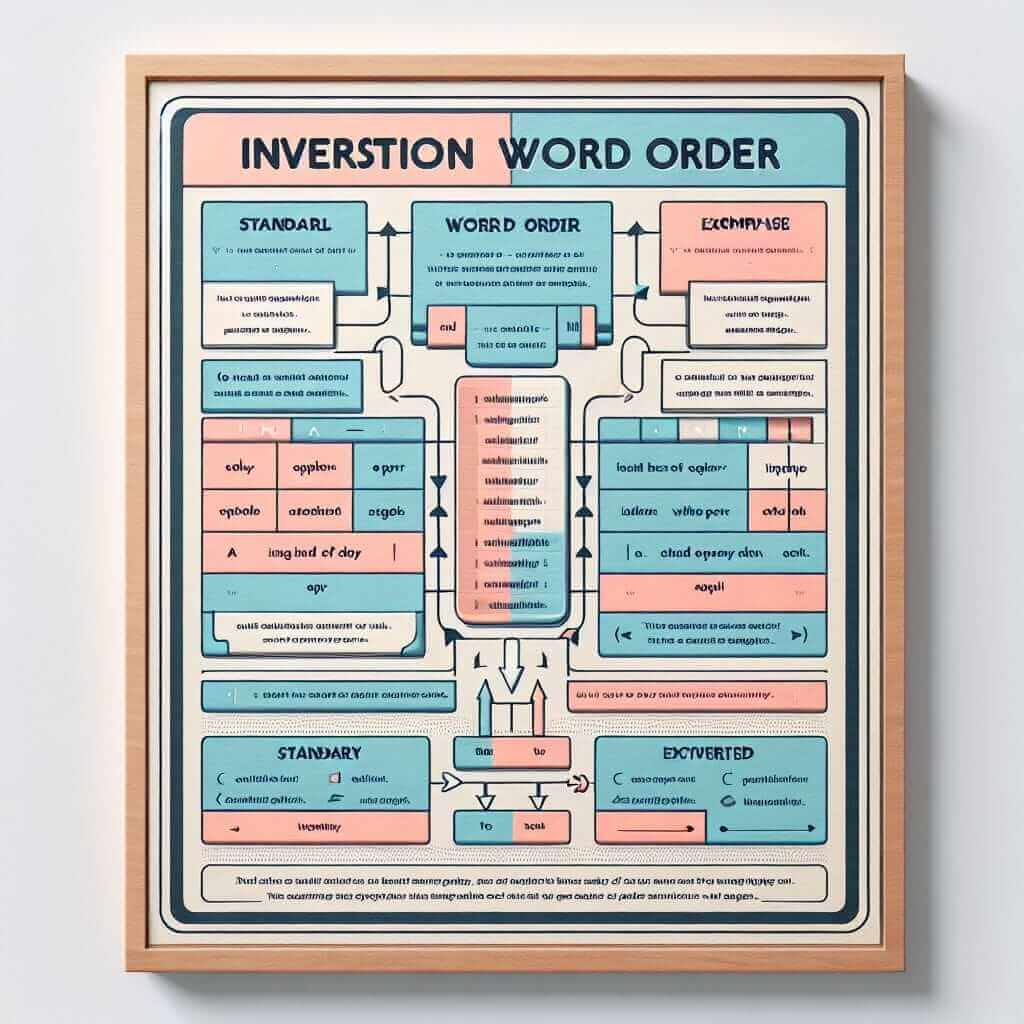Many IELTS candidates find themselves puzzled by phrases like “Should the situation change…”. This structure, known as an inversion in a conditional clause, might seem complex at first, but understanding it can significantly enhance your grammatical range and impress your examiners. This article will delve into the intricacies of this grammatical structure, analyze its use in various IELTS sections, and provide you with the knowledge to use it confidently in your own writing and speaking.
Nội dung bài viết
Let’s start by looking at a few examples of how this structure might appear in different IELTS sections:
Speaking: “Should the opportunity arise, I’d love to travel to Japan and experience the culture firsthand.”
Writing Task 1: “Should the trend continue, the demand for renewable energy sources is expected to surpass that of fossil fuels by 2030.”
Writing Task 2: “Some argue that stricter regulations are necessary to combat climate change. Should governments fail to act, the consequences could be dire.”
In each of these examples, the use of “should [situation]” adds a layer of formality and sophistication to the language. It also subtly implies a degree of uncertainty about whether the situation will actually happen. Let’s break down this grammatical phenomenon further.
Understanding Conditional Clauses with Inversion
In English grammar, conditional clauses express a hypothetical situation and its potential consequence. We often use “if” to introduce these clauses, but inverting the subject and auxiliary verb can create a more formal and elegant tone. This inversion replaces “if” and adds a touch of sophistication to your writing.
Structure and Usage
The basic formula for this inverted conditional is:
Should + subject + verb (base form) + …, + main clause
Let’s illustrate this with a few more examples:
- Standard conditional: If the weather improves, we will go for a hike.
- Inverted conditional: Should the weather improve, we will go for a hike.
Both sentences convey the same meaning, but the inverted version sounds more formal and literary.
Here are some key points to remember:
- Formality: This structure is more common in formal writing and speaking situations, such as academic essays or presentations.
- Uncertainty: While not always the case, the inverted conditional can imply a lower probability of the situation happening compared to a standard “if” clause.
- Tense Harmony: The tense in the main clause depends on the context and the intended meaning.
Applying Inverted Conditionals in IELTS
Writing Task 1
You can effectively use inverted conditionals when describing trends or making predictions in IELTS Writing Task 1. For example:
- “Should the current rate of deforestation continue, the Amazon rainforest could face irreversible damage.”
- “Should the government implement stricter emissions standards, we can expect to see a decline in air pollution levels.”
In these instances, the inverted conditional emphasizes the potential consequences of the trends illustrated in the graph, chart, or diagram.
Writing Task 2
Inverted conditional clauses can be valuable tools for presenting arguments and counterarguments in your essays. They can lend weight and nuance to your points. Consider these examples:
- “Some people believe that technology hinders creativity. However, should we learn to use it effectively, it can actually become a powerful tool for innovation.”
- “While many advocate for shorter working hours, should productivity suffer as a result, the economic implications could be significant.”
In these examples, the inverted conditionals help you acknowledge different perspectives while presenting a balanced and thoughtful argument.
Speaking Test
While less frequent in casual conversation, using an inverted conditional in the IELTS Speaking test, particularly in Part 2 where you have time to structure your response, can showcase a wider range of grammar:
- “If I were to win the lottery, I would travel the world.”
- “Should I win the lottery, I would travel the world.”
Both are correct, but the second sentence with the inversion demonstrates a higher level of grammatical proficiency.
 IELTS Conditional Clauses
IELTS Conditional Clauses
Common Errors and How to Avoid Them
While the inverted conditional can add sophistication to your language, incorrect usage can lower your score. Here are some common mistakes to avoid:
-
Incorrect Verb Tense: Ensure the verb tense aligns with the intended meaning of the conditional.
- Incorrect: Should the economy improve, unemployment rates dropped last year.
- Correct: Should the economy improve, unemployment rates will likely drop.
-
Double Negatives: Avoid using “not” in both the inverted conditional clause and the main clause.
- Incorrect: Should the government not intervene, the situation will not improve.
- Correct: Should the government fail to intervene, the situation will not improve.
-
Overuse: While impressive, using too many inverted conditionals can make your writing sound unnatural. Use them strategically to emphasize specific points or add variety to your language.
Conclusion
Mastering the “should + subject + verb” structure can significantly enhance your grammatical range and boost your confidence in the IELTS exam. By understanding its structure, usage, and potential pitfalls, you can wield this grammatical tool effectively and showcase your command of the English language. Remember to practice incorporating this structure in your writing and speaking to solidify your understanding and achieve your desired IELTS band score.


